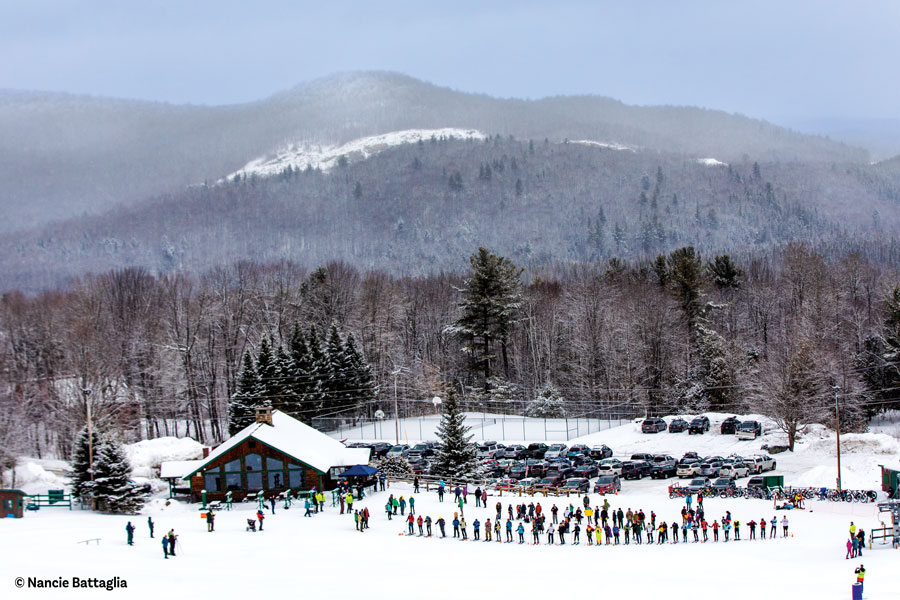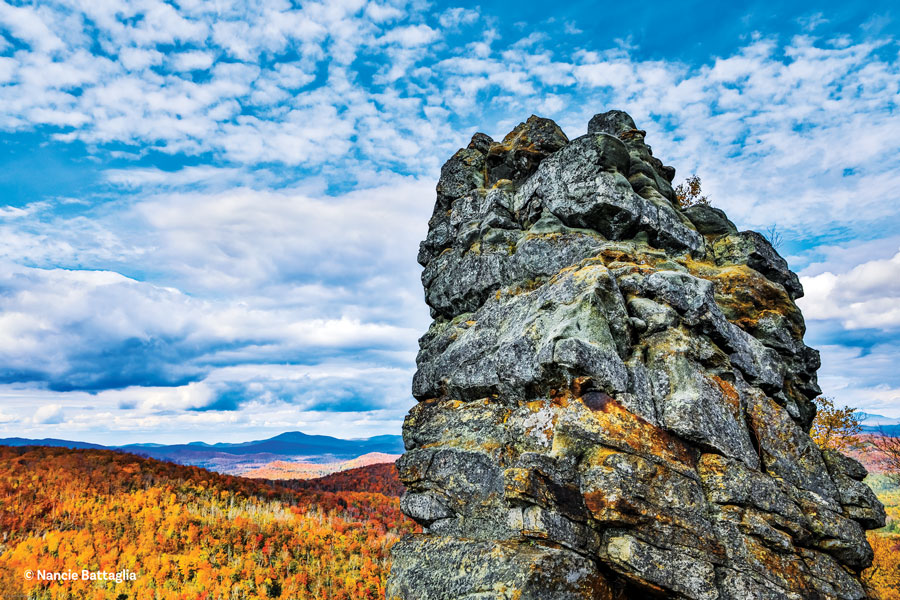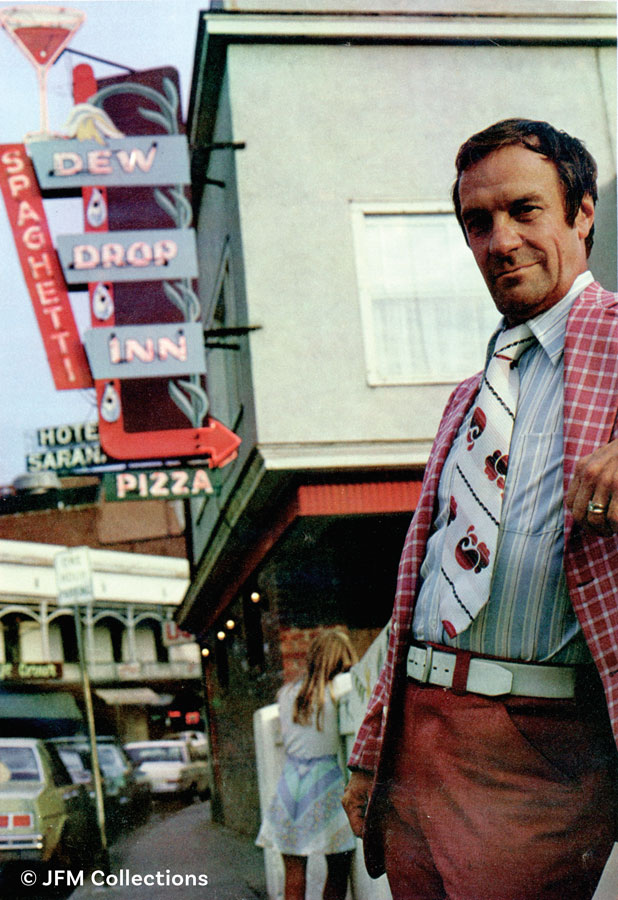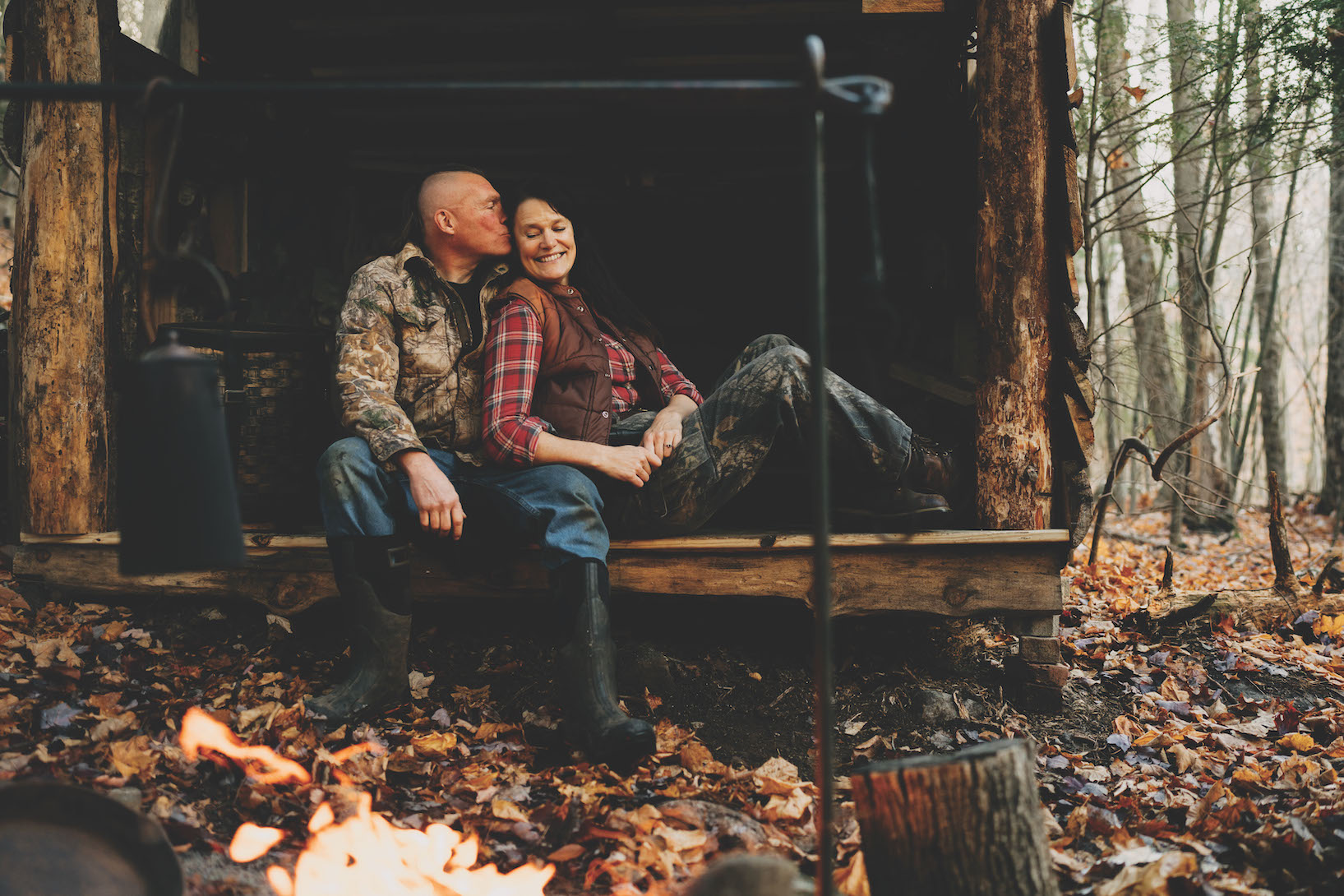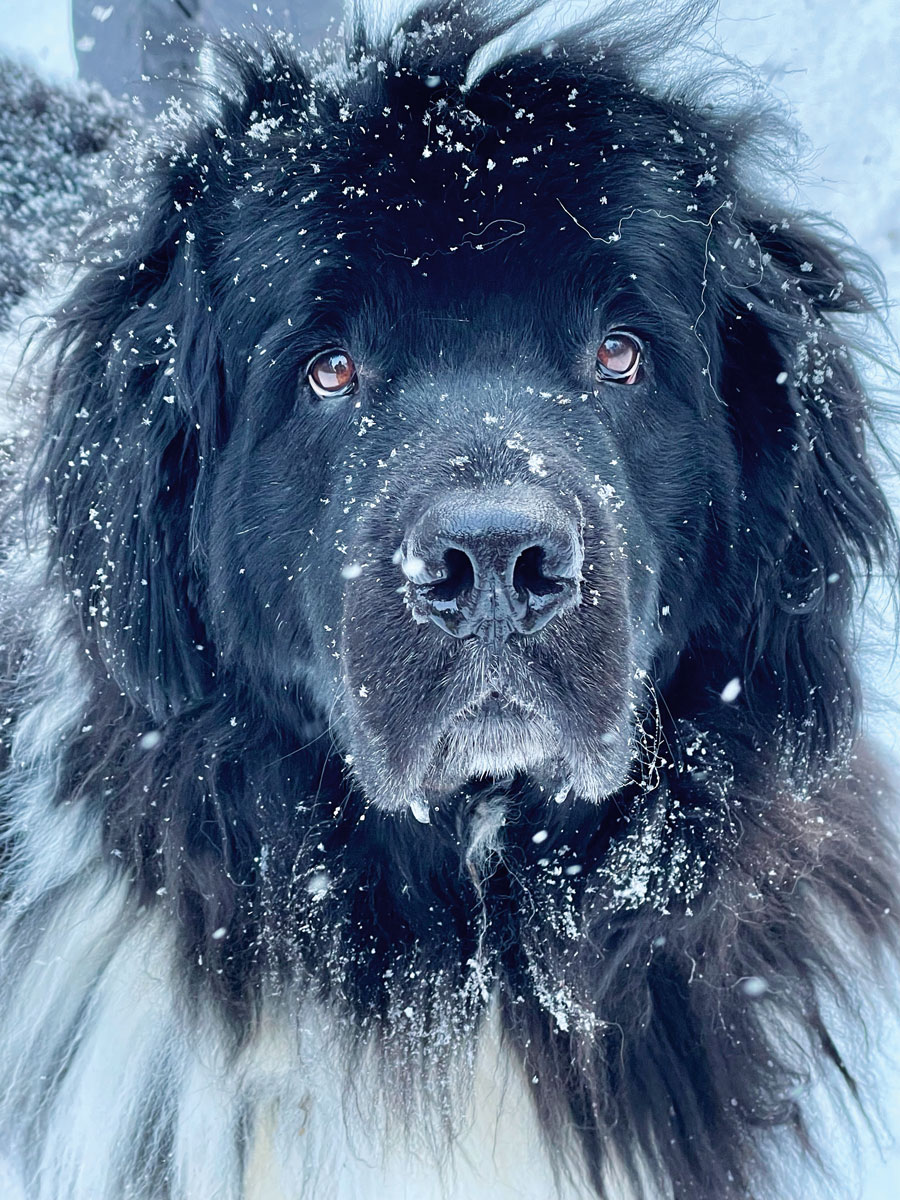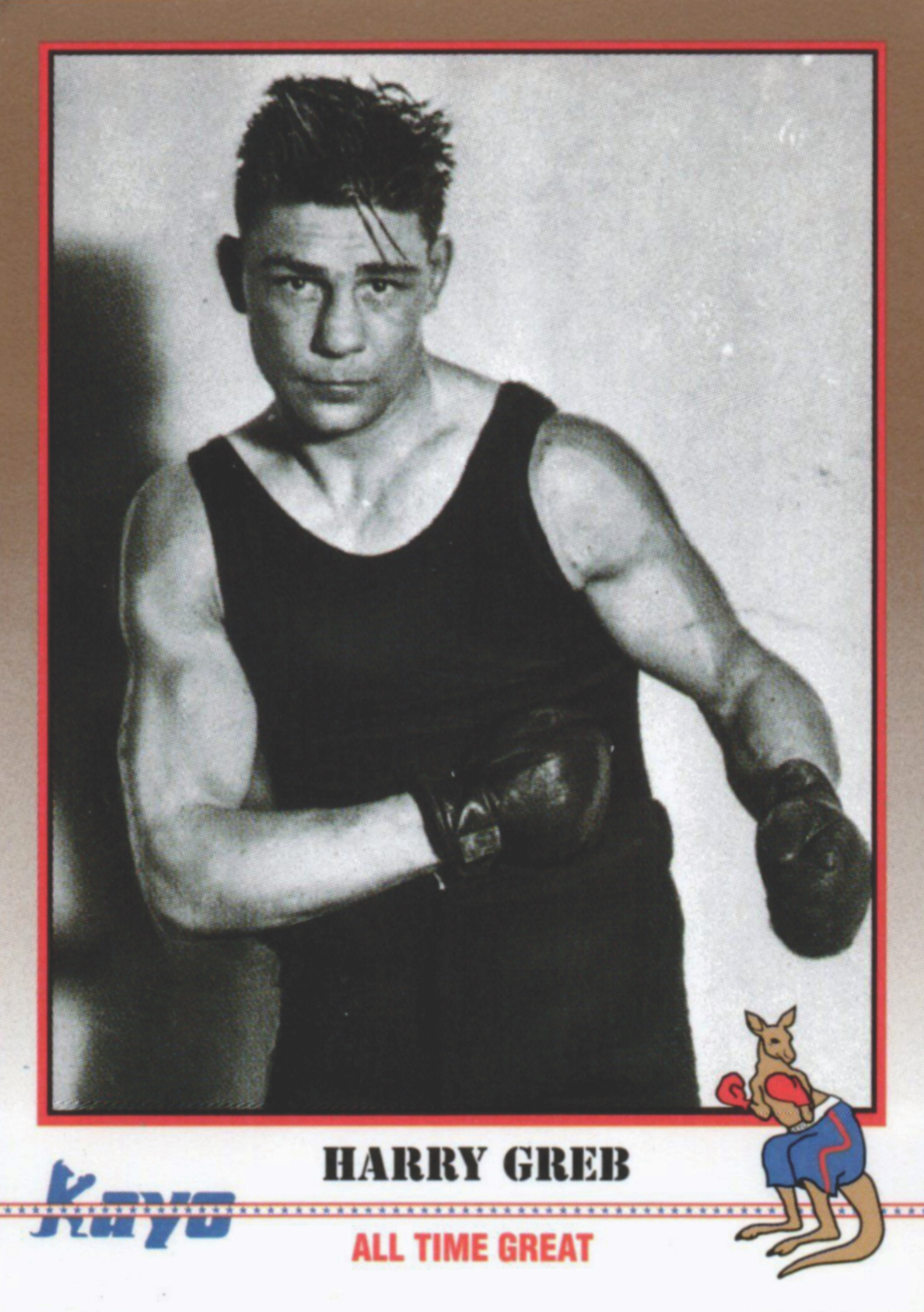One of my fondest and earliest memories of my dad as a forest ranger was me as a kid riding along with him in his red ranger truck, while all of his equipment rattled and jangled around us. He had all this stuff packed away in his truck—things to be used in all manner of emergencies and daily operation. To this day such clattering in any vehicle brings me back to those times.
My dad, Frank Dorchak Jr., died in February of this year, at age 85. From 1967 to 1995 he was a proud New York State Forest Ranger, working the Saranac Lake and Malone districts. He devoted the entirety of his being to this profession, and in the process “gave up the body,” in the form of a frostbitten ear, a fractured hip joint and a beat-up frame. But he loved being out there, loved being among the trees, building lean-tos and bridges and fighting forest fires and saving lives.
When I grew up to the point where my height could be measured with a couple of yardsticks, he occasionally took me to work with him. It was on those days that I’d sit in his truck, surrounded by his rolled fire hoses, chainsaws and steel “Indian tanks”—five-gallon portable water packs—his battered aluminum clipboard on the seat between us, loaded with permits and other paperwork. During these ride-alongs, he took me canoeing, motorboating, hiking, cross-country skiing and even observing in fire towers.
One day we cruised Upper Saranac in a Department of Environmental Conservation (DEC) motorboat. Dad took off his Stetson as we tooled around the lake. I reached down to put it on my head, when he quietly told me to take it off—that he was patrolling “undercover” and the hat would give him away.
I was undercover!
It turned out that “we” ended up “pulling over” a boat or two. I felt so a part of his life, out there with my dad, as he “made a collar.” He didn’t actually arrest anyone, but did more of a “catch and release.”
Possibly the best on-the-job experience I ever had with my dad was being allowed to help put out the Panther Mountain fire, back in 1975. I was 14 and it was my first real paycheck, the stub of which I still possess. I carried a full Indian tank on my back, wore a steel DEC hardhat, and was issued a mattock as well as the other gear I needed. I officially became part of a firefighting crew and, along with the professionals, attacked smoking clumps and charred trees. This was serious business and I did what the real firefighters did or directed me to do—picked and hacked at logs and earth and poked around under rocks and stumps. It was the first time I’d been given such a huge responsibility.
Another memory is the time Dad and I stood looking out our picture window in our house in Lake Clear. Turns out that he was watching a guy in a boat out on the water. Without warning, Dad bolted out of the house and charged down to the lake. He helped someone in trouble, without a moment’s hesitation. I couldn’t have been more proud of him.
Dad often rushed out on arctic winter nights to pull living—and dead—bodies off mountaintops. He risked his life in more forest fires than I can remember and participated in more than 200 search-and-rescues. He used his brawn and his brains: he saw a need for an on-site Command Post trailer for fires and search-and-rescues and bulldogged it into reality. That trailer, used to interface with state and government agencies as well as the public, is still in use today and, according to retired ranger Johnny May, it came from an idea Dad had while he taught environmental law at Paul Smith’s College. The trailer, along with Dad’s other accomplishments, led to him receiving the US Forest Service’s highest honor in 1988—the Silver Smokey. He was the first forest ranger to receive that award.
But I’ll never forget when Dad, a neighbor and some of us kids planted acres of spruce seedlings in an empty field behind our house in Lake Clear.
Fast forward 40 years.
My wife and I returned to my old homestead. I explained to the current residents that I’d grown up here and asked if we could look around. They graciously agreed and offered us an ATV to explore the property.
As we toured the land and I shared my memories of it, we came to a wall of trees. I was confused—something was off. Then it hit me: this was the field where Dad planted all of those seedlings! They had become a forest.
There was much to learn from a dad who was a first-responder. He taught me to always be prepared and to treat people with fairness and respect. He told me to never wait to be asked, but to help if I saw someone in trouble. He believed it was important to improve things, too, by trying to leave the world a little better for the next generations. Just like planting those seedlings.

















